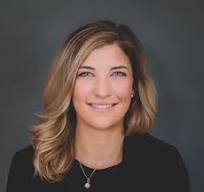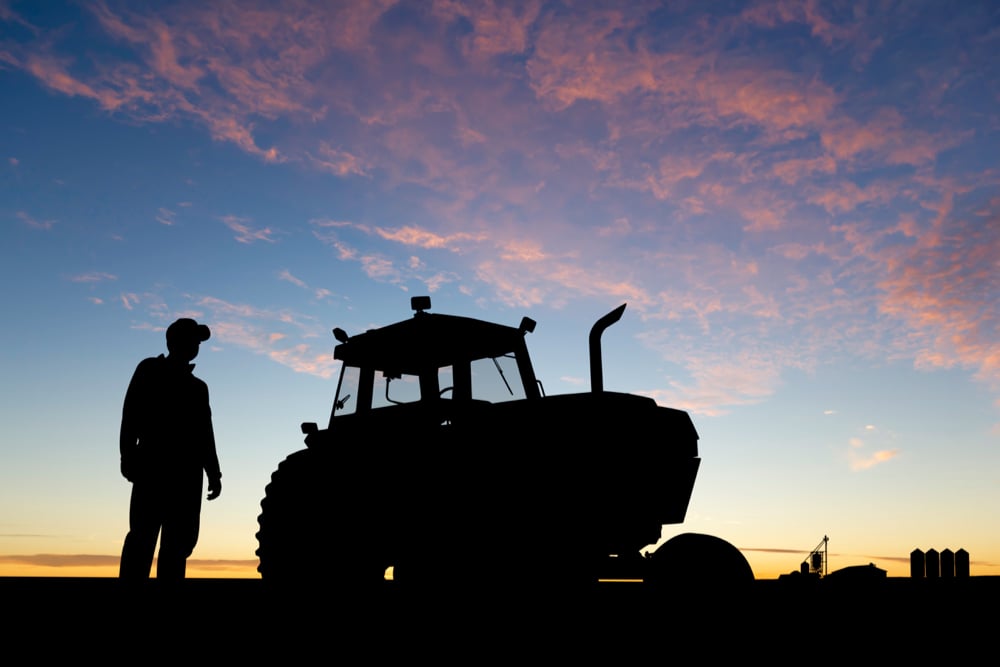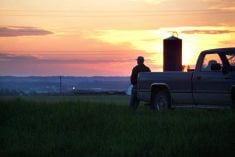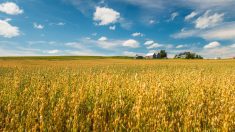From the time we are born stories help us learn important lessons.
Every day I look around for stories that can help me understand what is or isn’t working on our farm. It might be small anecdotes or maybe a line from an employee or a supplier that sticks with me. If I can understand what works on our farm, I can probably also apply those lessons to my consulting clients since all farms share similar issues.
Stories are also a great way to help us understand the many facets and stages of leadership, such as the ones below.
Read Also

Five reasons why you avoid farm bookkeeping
Bookkeeping for the farm business might not be anyone’s favourite chore, but staying on top of it can help your farm access the funds it needs to grow.
Early stage: You’re young, broke and possibly more driven to build your enterprise than you’ll ever be. You may not have the experience that your parents or grandparents have, but you can and will leverage your passion, drive and dedication to get you further, faster.
But don’t dismiss what you can learn from the stories of previous generations’ experiences. There’s no greater teacher than history. For example, you might ask parents and grandparents how they lead others through a crisis. Gather insights about how they pulled their family and team through and apply those lessons in your business.
Find out more about your family’s history and how they managed to get where they are, why and what drove them. Was it the desire to create a better quality of life for their children, an act of absolute selflessness? Because a true leader is selfless, putting the needs of others ahead of their own. Consider how you might practice this, especially if you’re thinking about a family and children of your own. What will you have built and protected to make sure that they will be taken care of? Find a purpose that is bigger than yourself.
Midlife/mid-career: You’ve helped build a good business, and personally and professionally you’re still improving and growing. You know the next steps are to “take over” the farm, whatever that might look to your family enterprise. Maybe the transition process has stalled, but you know that it must happen, and soon.
One of my favourite transition stories is about a couple of boys who asked their parents, “Why not today?” What a great question! This forced the current owners to lay out their expectations and timelines for how both generations could work on transition together. If you’re in this stage, it’s a great opportunity to demonstrate your leadership chops and drive the process forward.
Retirement, or stepping away over time: First of all, you have permission not to work so dang hard. You are not your farm, not your yields. Whether you believe it or not, you do have an identity outside the farm.
One of my most rewarding coaching success stories took place over a couple of years. This family went from not talking to repairing their relationships and being committed to maintaining those relationships and the business.
The parents had built the business up from nothing, farmed it for forty years and then rented it out to their daughter. We finally got the parents to the point where they were ready to pull the trigger on retirement — and they adapted in a flash.
Yes, your identity, your ethos, your entire world will change. But the opportunity to be a mentor and teacher to others is still part of being a farmer. In fact, it just might be the most important part of being a farmer.
Your wisdom, wealth of experience and knowledge are the farm’s greatest asset. Share your greatest leadership stories: how did you motivate others to do their best? What did you do to help bring out the best in people? How can you add the most value to the transition process, training and development programs and mentorship? Take the reins!
Remember that you don’t need to be the boss to be a leader. That’s the wonderful thing about leadership: you can lead with any title, any level of experience and at any stage of your career.
















